When your jaw hurts, it’s tempting to try to ignore it. Maybe it only causes you pain when you yawn, wake up, or chew until you realize it’s getting worse. Do yourself a favor and schedule an appointment with your doctor or dentist. And consider these possible ways to treat different kinds of jaw pain.
Table of Contents
Potential Causes
You’d be surprised at the variety of causes of jaw pain. Because the jaw is near so many other sensitive areas, such as the teeth, neck, sinuses, and brain, it might be the source of the pain or a symptom of something else. We’ll go over the possibilities here.
- TMD: Temporomandibular Joint Disorder (TMD) is much more common than you’d expect. When the hinge joints on either side of your jaw aren’t working properly, you might hear a clicking sound, and you’ll definitely feel the pain.
- Tooth Abscesses: A severe tooth infection can radiate pain to the jaw.
- Sinus Issues: If your sinuses are infected, the resulting mucus can put pressure on the jaw joint.
- Cluster Headaches: While these can cause pain behind the eyes, the aching can reach the jaw, too.
- Trigeminal Neuralgia: The trigeminal nerve affects much of the face, including the jaws. Compression of the nerve is what leads to pain.
Helpful Treatments
A medical professional can advise you on how to proceed with your specific problem. However, in the short term, these methods can give you immediate relief.
- Moist Heat: Run warm water over a washcloth and apply it to your jaw. It can help relax your jaw muscles, but you’ll have to keep re-wetting the cloth to maintain the heat.
- Over-the-Counter Medication: Products with ibuprofen and acetaminophen can help.
- Massage: Pressing the sore areas of your jaw can help relieve tension, as can massaging the muscles on the side of your neck. Chiropractors often treat cases of TMJ, and an appointment might help you with related pain, too.
Lifestyle Changes
Because there are so many different kinds of jaw pain, there are also plenty of possible ways to treat it. Any of the following can benefit you.
- Stress relievers such as yoga, meditation, deep breathing, and journaling
- Avoiding tough and chewy foods like beef jerky and gum
- A mouth guard to stop teeth grinding at night
- Less caffeine intake to relieve muscle tension
A doctor might prescribe muscle relaxers or, eventually, surgery. The first step is to work with a professional who can identify the problem before it gets worse.




